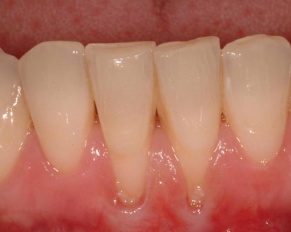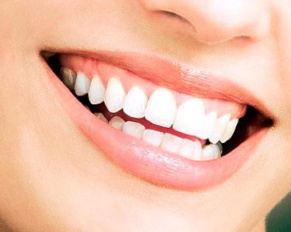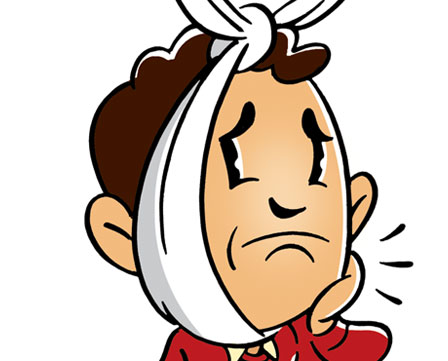Oral health plays a huge role in your overall well-being. Healthy teeth and gums make it easier to eat, speak,…


Oral health plays a huge role in your overall well-being. Healthy teeth and gums make it easier to eat, speak,…

Ever look in the mirror and notice that your teeth seem longer or your gums look like they’re pulling back?…

Tooth trauma, an unexpected and often alarming event, can occur at any time due to various reasons such as sports…

In today’s fast-paced world, being prepared for unexpected health emergencies is more crucial than ever. While many of us have…

 “This toothache is killing me!” Okay, this might be an exaggeration, but if you have a toothache now, or have ever had one in the past, you probably don’t think so. Anyone who has never had a toothache cannot possibly know the pain, not to mention the disruption it can cause in your life. You have trouble eating because you can only eat on one side of your mouth, and you often can’t stand any food that’s too cold or too hot. (And how many of the foods you love does this eliminate? In those cold Essex County winters, you can’t drink anything hot, and in those warm Jersey summers, you can’t eat anything cold!) You have trouble sleeping because the pain keeps you awake unless you reach, yet again, for pain killers. Yes, a toothache only seems like it’s not a big deal to a person who’s not suffering from one. So what caused your toothache?
“This toothache is killing me!” Okay, this might be an exaggeration, but if you have a toothache now, or have ever had one in the past, you probably don’t think so. Anyone who has never had a toothache cannot possibly know the pain, not to mention the disruption it can cause in your life. You have trouble eating because you can only eat on one side of your mouth, and you often can’t stand any food that’s too cold or too hot. (And how many of the foods you love does this eliminate? In those cold Essex County winters, you can’t drink anything hot, and in those warm Jersey summers, you can’t eat anything cold!) You have trouble sleeping because the pain keeps you awake unless you reach, yet again, for pain killers. Yes, a toothache only seems like it’s not a big deal to a person who’s not suffering from one. So what caused your toothache?